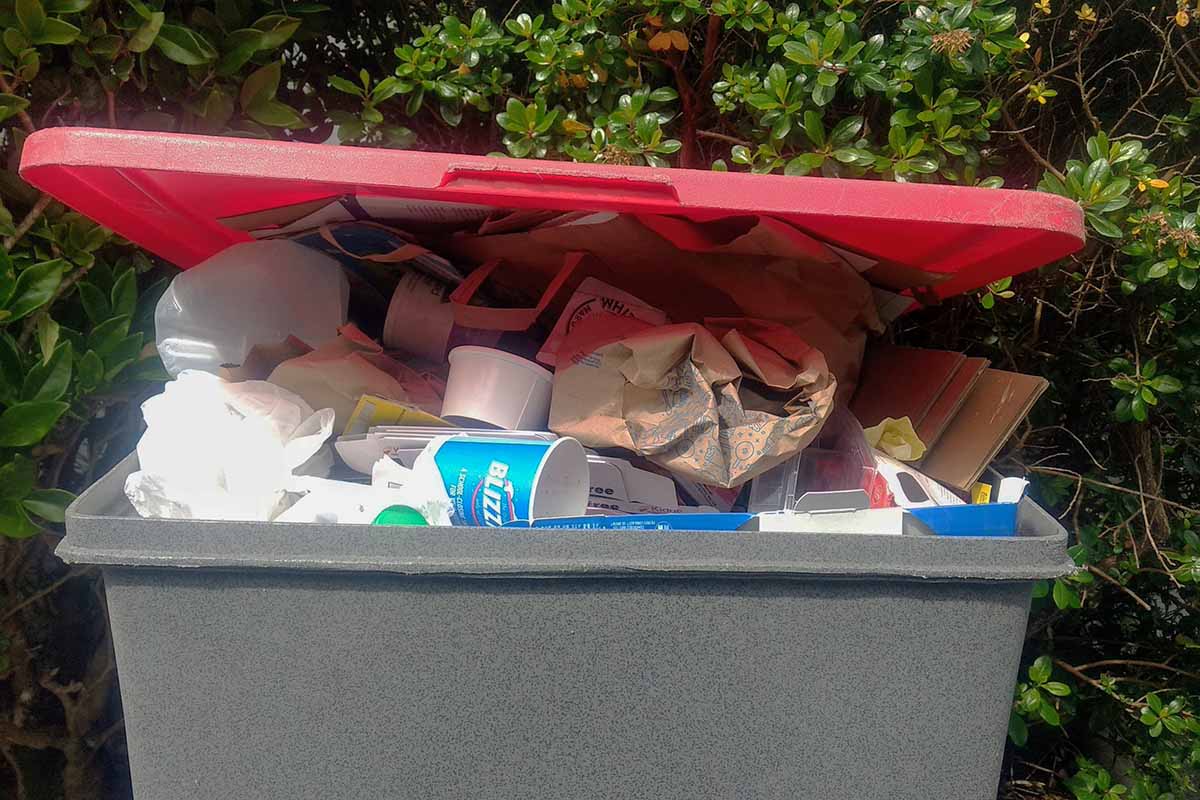This week’s blog post was originally published March 30, 2021 by Resource Recycling.
Education campaigns may improve curbside recycling practices for residents who produce average or low amounts of contamination, but they may not impact the worst offenders, according to new research.
The Solid Waste Association of North America (SWANA) has released a report developed by its Applied Research Foundation. Titled “Reducing Contamination in Curbside Recycling Programs,” the report details a study of residents’ recycling behavior in 2018.
The study was initiated to probe how poor recycling behaviors develop and why they persist. Understanding these factors “should enable recycling and sustainability program managers to develop and implement more effective anti-contamination programs that address the underlying reasons for curbside recycling contamination,” SWANA wrote in an executive summary of the research.

“One factor that is often overlooked in responding to the curbside recycling contamination issue is the varying levels of recycling commitments of residents who are provided with curbside recycling collection services,” SWANA wrote. “Recycling and sustainability program managers often overestimate the commitment of certain residents, and mistakenly assume that contamination issues can be resolved through increased spending on recycling public education programs.”
Read more about the results of this study at resource-recycling.com.
